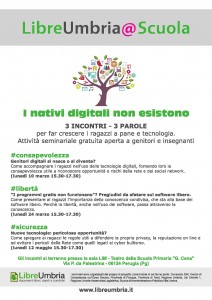How to make pancakes, 16th century style
The Good Huswifes Jewell was an English recipe book written by Thomas Dawson which appeared in the late 16th century, of which the British Library has helpfully provided a transcript of the page covering pancakes for Shrove Tuesday, otherwise known in secular Britain as Pancake Day.

The transcript of the pancake recipe is as follows:
To make Pancakes
Take new thicke Creame a pine, foure or five yolks of egs, a good handful of flower and two or three spoonefuls of ale, strain them together into a faire platter, and season it with a good handfull of sugar, a spooneful of synamon, and a little Ginger: then take a friing pan, and put in a litle peece of Butter, as big as your thumbe, and when it is molten brown, cast it out of your pan, and with a ladle put to the further side of your pan some of your stuffe, and hold your pan …, so that your stuffe may run abroad over all the pan as thin as may be: then set it to the fire, and let the fyre be verie soft, and when the one side is baked, then turn the other, and bake them as dry as ye can without burning.
This is the first time I’ve ever come across a pancake recipe featuring ale.
As regards the author, Thomas Dawson wrote a number of popular and influential recipe books including The Good Huswifes Jewell (1585), The good Hus-wifes handmaid for the kitchen (1594) and The Booke of Carving and Sewing (1597). These books covered a broad range of subjects, including general cookery, sweet waters, preserves, animal husbandry, carving, sewing and the duties of servants.

 I’ve been using
I’ve been using  The first of three free seminars organised by LibreUmbria – the organisation promoting free and open source software in Italy’s
The first of three free seminars organised by LibreUmbria – the organisation promoting free and open source software in Italy’s